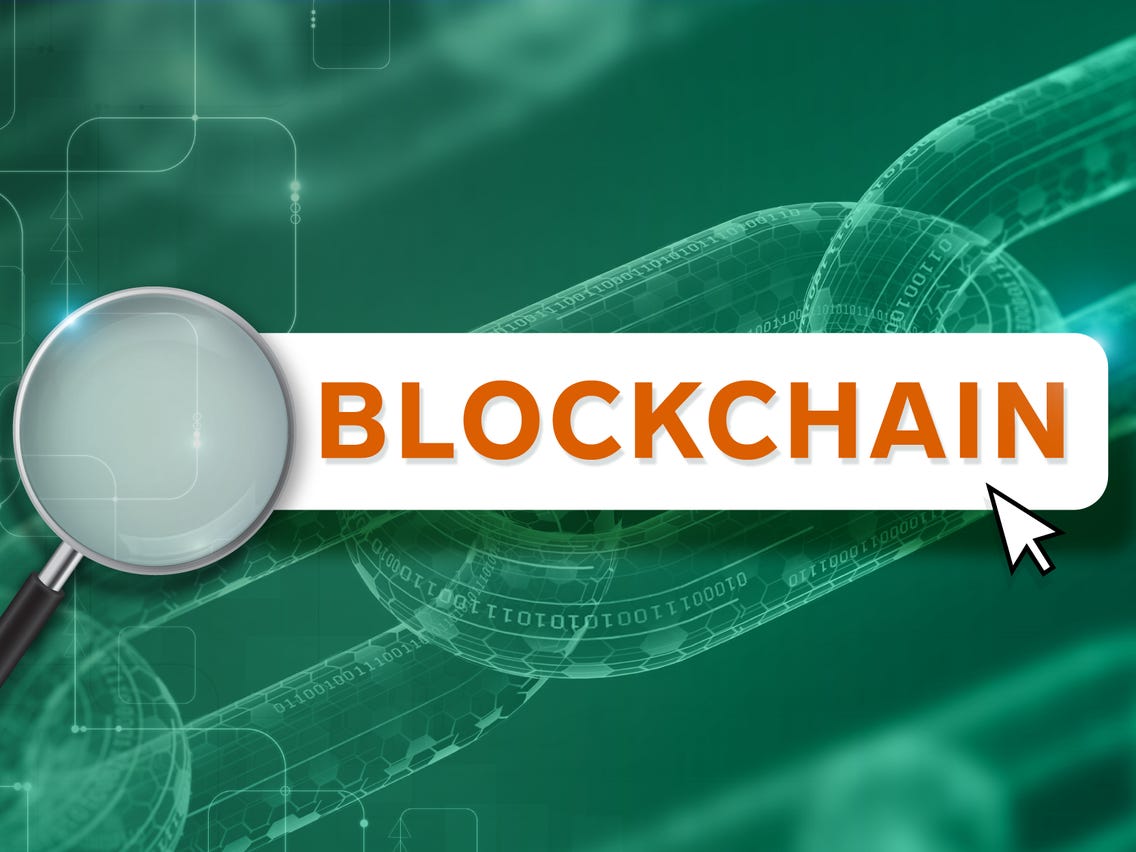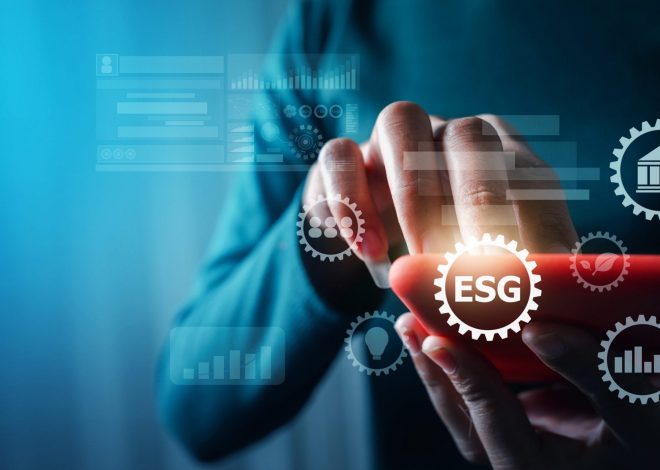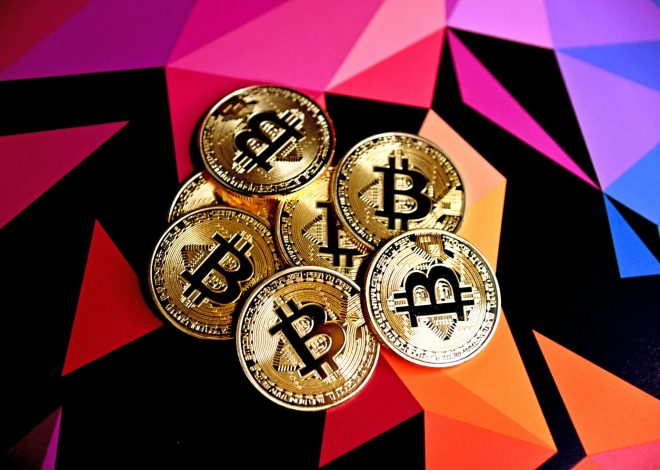
Blockchain Beyond Cryptocurrencies: Real-World Applications and Potential
Once synonymous with cryptocurrencies like Bitcoin, blockchain technology has evolved into a versatile and transformative tool with applications spanning various industries. Its decentralized and immutable nature lends itself to innovative solutions beyond digital coins. In this comprehensive article, we delve into blockchain technology’s diverse and exciting real-world applications and potential. From revolutionizing supply chain management to enhancing data security, blockchain is reshaping industries and opening new avenues for efficiency and transparency.
Understanding Blockchain Technology
Before we explore its practical applications, let’s grasp the core concepts of blockchain technology. A blockchain is a decentralized and distributed digital ledger that records transactions across multiple computers. Each record, or “block,” is linked cryptographically to the previous one, creating an unalterable data chain. This inherent security and transparency are the cornerstones of blockchain’s potential in various sectors.
Supply Chain Management and Transparency
The intricate web of global supply chains often faces transparency, traceability, and accountability challenges. Blockchain offers a transformative solution by enabling end-to-end visibility and real-time tracking of goods. Companies can record every step of a product’s journey on the blockchain, from raw material sourcing to manufacturing, distribution, and delivery. This not only enhances consumer trust but also streamlines processes and reduces fraud.
Imagine a world where you can scan a QR code on a product and instantly access its entire history – from the farm where ingredients were harvested to the conditions during transportation. Such transparency empowers consumers to make informed choices while motivating companies to maintain ethical and sustainable practices.
Healthcare and Secure Data Management
In healthcare, sensitive patient data is a critical asset that demands the utmost security and privacy. Traditional data storage and sharing methods often need to catch up to safeguarding this information. Enter blockchain, offering a decentralized and tamper-proof platform for managing health records, clinical trials, and medical research.
Blockchain’s encryption ensures that patient data remains confidential yet accessible to authorized parties. Medical researchers can securely collaborate, analyze data, and develop breakthrough treatments without compromising patient privacy. Moreover, patients have greater control over their health information, granting or revoking access as needed.
Financial Services and Streamlined Transactions
While blockchain goes beyond cryptocurrencies, it still plays a significant role in revolutionizing financial services. Intermediaries, delays, and high costs mar traditional cross-border transactions. Blockchain’s borderless nature enables peer-to-peer transactions with reduced fees and faster processing times.
Smart contracts, self-executing agreements stored on the blockchain, automate and streamline various financial processes. These contracts eliminate the need for intermediaries, reduce errors, and enhance efficiency in areas like loan disbursement, insurance claims, and real estate transactions.
Real Estate and Ownership Records
Buying and selling property often involve complex legal procedures, paperwork, and intermediaries. Blockchain technology simplifies this process by digitizing ownership records and enabling secure, transparent, and instant property transfers. Smart contracts can automatically execute property transactions once predefined conditions are met, reducing the risk of fraud and disputes.
Imagine purchasing a house with just a few clicks, knowing your ownership rights are securely recorded on an immutable blockchain. Such innovation has the potential to democratize real estate investment and increase liquidity in the market.

Combating Voter Fraud and Enhancing Democracy
Elections form the backbone of democratic societies, but voter fraud and tampering can undermine their integrity. Blockchain introduces a tamper-proof and transparent method of voting that could revolutionize elections. Each vote is securely recorded on the blockchain, eliminating the possibility of alteration or manipulation.
Voters can verify their selections, and election results can be audited in real-time, ensuring fairness and accuracy. This innovation not only restores faith in the democratic process but also makes voting accessible to citizens worldwide, transcending geographical barriers.
Supply Chain Management and Blockchain Beyond Cryptocurrencies: Real-World Applications and Potential
In an increasingly interconnected world, supply chain management has become more complex. The need for transparency, traceability, and efficiency has prompted industries to explore the potential of blockchain technology beyond cryptocurrencies.
Blockchain’s decentralized structure allows for creating an immutable and transparent record of every step in the supply chain. Each transaction and transfer can be securely recorded on the blockchain, from the source of raw materials to the final product on the shelves. This visibility ensures that companies adhere to ethical and sustainable practices while also reducing fraud and counterfeiting.
The fashion industry, for instance, has started using blockchain to track the origin of fabrics, ensuring that materials are sourced ethically and sustainably. In the food industry, blockchain can verify the authenticity of organic products and provide consumers with accurate information about the origins of their food.
By harnessing the power of blockchain, supply chain management is poised to undergo a paradigm shift, enhancing accountability, trust, and efficiency across industries.


